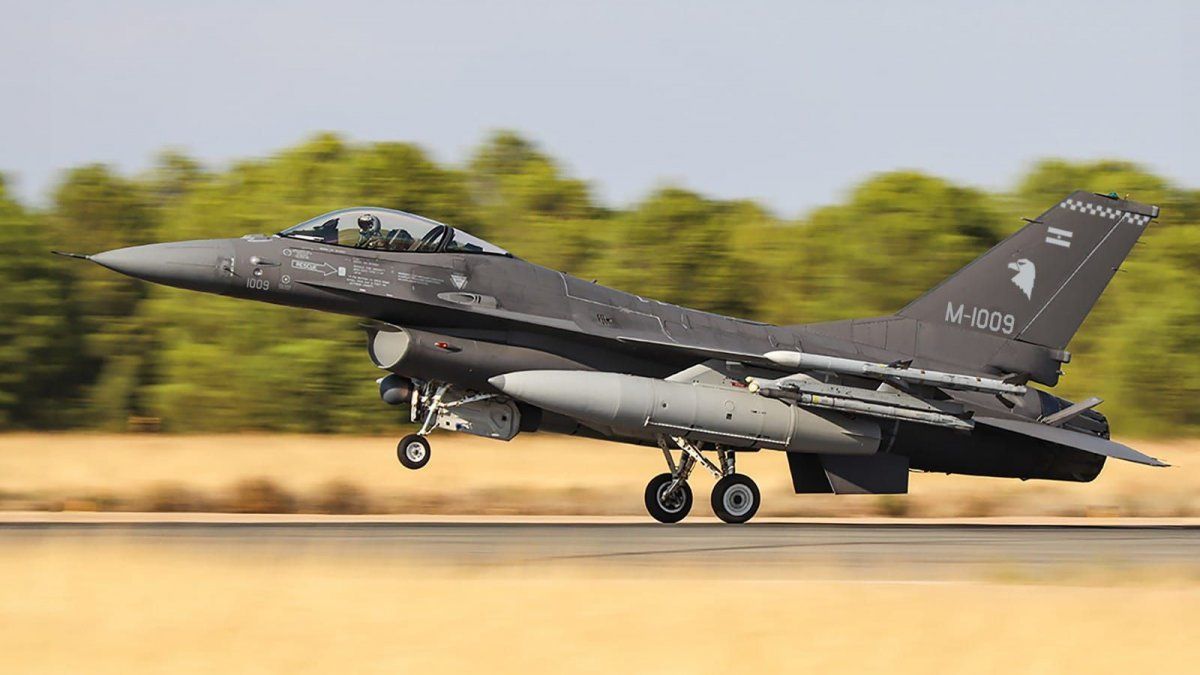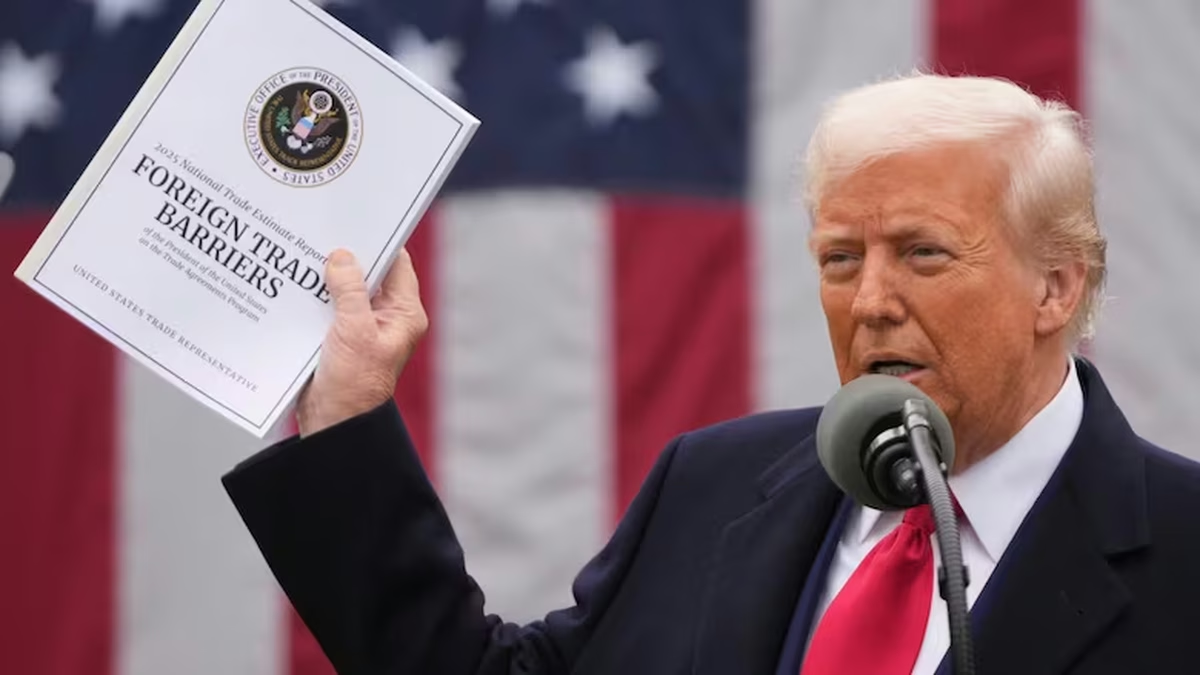The recovery of a supersonic interceptor fighter aircraft system for the Argentina air forceafter the deprogramming of the Mirage In 2015, it is essential to have more deterrence, surveillance, control and defense capabilities of airspace. It must satisfy the national guidelines and priorities established by foreign and defense policy; and be consistent with the primary missions of the Armed forces (defend air, maritime and land sovereignty; and repel external state military aggression). Acquiring such a complex and strategic weapons system is considered a investment for 40 or 50 yearsand cannot escape the political discussion about what country model and what defense policy corresponds to the Argentina.
Today the international scene poses challenges. Internal tensions and conflicts between countries exhibit a context of high uncertainty that must be faced through a responsible foreign policy. Interstate armed conflicts are once again presented as protagonists that reproduce and renew unresolved disputes and claims from the past. The global competition between great powers gives rise to this atmosphere that combines different dimensions: political, technological, commercial, economic, financial, cultural, environmental and military. Year-on-year spending on defense budgets in the world reached its maximum peak in 2023. According to the International Institute for Strategic Studiesthe investment exceeded 2.2 trillion dollars, an increase of 9% compared to 2022.
In this world is inserted the Argentina with a series of attributes that distinguish it. Is he eighth largest country on the planet in terms of its territorial extension. It has strategic resources such as gas, oil and minerals; a river waterway through which more than 50% of the grains traded globally circulate; aquifers, glaciers and abundance of fresh water; a vast maritime coastline and lands and technologies to produce food for more than 400 million people. It has a bicontinental location and a natural projection towards the Antarctic continent, being also the first country to maintain a permanent and uninterrupted presence there since 1904 in the Orkney Base.
Together with Chile, they are the two countries that are geographically closest to the white continent and share the natural bioceanic passage between the Pacific and Atlantic Oceans through the Strait of Magellan and the Sea of Hoces. Argentina can offer the world much of what it needs and disputes: energy, minerals, food and an educated and skilled population. At the same time, our country has historically been a promoter and protagonist of world peace and multilateralism.
Now, every government project, regardless of the ideological imprint of its political force, must and must support the Malvinas cause as state policy. Argentina continues to be a victim of colonialism and part of its territories, the IFalkland Islands, Sandwich, South Georgia and maritime spaces are being illegally and illegitimately occupied and exploited by the United Kingdom.
A global situation with challenges for Argentina
In this international and national context, it is planned, designed and executed defense policy, which, as mentioned, is complementary to foreign policy. It is governed by laws (national defense, internal security and national intelligence), decrees, resolutions, and has a strategic positioning that makes it defensive, cooperative and autonomous. In this sense, the re-equipment of the military instrument is essential, among many aspects. Therefore, the National Defense Fund – promoted by the former deputy and former Minister of Defense, Agustín Rossi – It was established as a tool that allows planning in the short, medium and long term, and providing responses to new needs or the recovery of lost capabilities of the Armed Forces.
Therefore, and in relation to the recent announcement to incorporate the system Lockheed Martin F-16 (in its different variants it is used by 26 countries and proven in combat) Block 15 MLUI introduce some background that allows questions to be formulated.
First of all, in 1980 the United States Security Council published the Plan for the Free Oceanwhere he maintained that “…for the southern end of the three oceans (Atlantic, Pacific, Indian) It is essential to have the support of Britainwho should be our great ally in that area, not only because she is our most reliable friend in the international order, but because she still occupies various Islands in the South Atlantic that could become naval air bases.
It is also worth remembering the “Commission for Analysis and Evaluation of Responsibilities in the South Atlantic Conflict”, chaired by the Lieutenant General Benjamin Rattenbach (1983)who in his well-known “Report” stated that the decisions of the military government “did not carry out an appreciation and evaluation of the world situation with the necessary depth, which would allow us to understand our position within the framework of international agreements… it was known that Great Britain and the USA They had strong common interests in NATO and that, in case of conflict, the latter would ostensibly support the United Kingdom”.
A few years later (1996), during the constitutional government of Carlos MenemArgentina incorporated 36 used A4-AR aircraft that it purchased from USA, but for various reasons there is one fact that prevails: very little weapons arrived to provide said system with effective deterrence and combat capacity. I remind the reader that both the Military Junta and the Menem government, for various reasons and in international contexts totally different from the current ones, enjoyed privileged, or “carnal” relations as it was said in the 90s, with the United States. USA
The US and Great Britain are strategic allieshave common history and interests and there is no sign that any third country or condition will modify that relationship, therefore, is it reasonable to think that the principles of the alliance of trust that they maintain do not change?
The actual US National Security Strategy (2022) sets priorities on different regions of the world, with the Indo-Pacific coming first and Europe second. Therefore, it is essential not to confuse the good bilateral relations that Argentina has with the US. (200 years of diplomatic relations, third trading partner, more than twenty bilateral mechanisms of different hierarchy in defense matters and almost 90% of the air systems operated by the Air Force are of North American origin), with being a priority. If Argentina were a priority, why don’t they offer a more modern system? The F-16 block 15 MLU system offered to Argentina is more than 40 years old and the Royal Danish Air Force It will leave that system to start operating the new and robust North American F-35 system.
It is appropriate to mention that the modern production of war material in Western countries contains mostly British components, and that, United Kingdomcontinues to impose on the Argentina the selective “veto” for the purchase of military equipment. The decision to acquire the F-16 Block 15 MLU evidence an unrestricted alignment, but what will be the implication of the unrestricted alignment manifested by the government of Milei? Will the government be able to overcome the historical difficulty in the relationship with the United Kingdom due to the so-called “veto” and promote the acquisition of modern equipment?
Secondly, any system that is incorporated must comply with the provisions of the current National Defense Policy Directive (Decree 457/2021)which, as mentioned, determines the strategic positioning of our country being: defensive and oriented towards strengthening deterrence capacity; cooperative that promotes interoperability and cooperation with other friendly countries (mainly in the region); and autonomous, which allows it to fulfill its missions without depending on a third country. Taking into account the background of the historical strategic relationship between the USA and Great Britain Is it feasible to think that we will provide ourselves with an effective deterrence capacity by illegally having in the Falklands a powerful British military base that operates in a network with the NATO? Will the Argentine Armed Forces be able to operate this system with full autonomy?
Thirdly, systems of this nature are expensive, both for their acquisition and for their operability and logistical support; For this reason, it is always advisable, and even more so given the economic and social context of the country, that its incorporation can be paid for with long-term financing and at appropriate interest rates. Beyond the so-called “grant” by 40 million dollars that the United States will grant. for modernization: Is there a financing plan for this acquisition that in its entirety exceeds the 600 million dollars? Decree 315/2024 authorizes the Ministry of Defence the acquisition of the aircraft, and establishes that if there are disputes with the contract they will be resolved through the Danish Arbitration Institute based in Denmark Does this favor national interests in the event of disputes?
As he says former Minister of Defense Jorge Taiana, the 21st century for Argentina will be strategically marked by the projection towards the South Atlantic. That is why in our management in the Ministry of Defense (2019 to 2023) We plan according to the laws and regulations to reinforce our presence in the south, and among other measures, we incorporate Pampa III aircraft in the 10th Río Gallegos Air Brigade that since 1996 it did not have combat aircraft; we install a new radar in Rio Grande to enhance surveillance and control; We improve the interconnection of the continental territory with the Tierra del Fuego Island through daily flights of the promotion airline LADE; we installed a new military equipment in Tolhuin; Work began on the comprehensive naval base of Ushuaia to be managed exclusively by the Argentine Armed Forces and the renovation of the Petrel Base in Antarcticawith design and manufacture of Tandanor, which allowed it to go from temporary to permanent. All this accompanied by the hierarchization of military salary. Let us not forget that in South Atlantic The English are not willing to give up their illegal occupation, nor to recognize the legitimate Argentine rights to exercise sovereignty over what belongs to us.
Given the dynamic and tense international context, it is essential to have Armed Forces equipped and trained to defend the sovereignty of the people and the country. It is imperative that national defense policy is not even an appendix of dependency.
Francisco Cafiero is former Secretary of International Affairs for Defense
Source: Ambito
David William is a talented author who has made a name for himself in the world of writing. He is a professional author who writes on a wide range of topics, from general interest to opinion news. David is currently working as a writer at 24 hours worlds where he brings his unique perspective and in-depth research to his articles, making them both informative and engaging.




